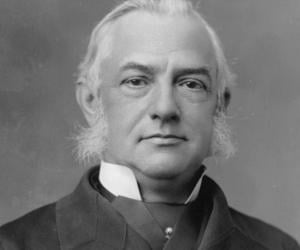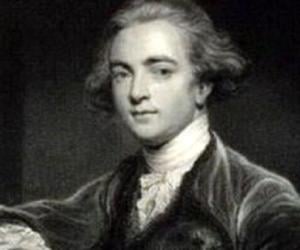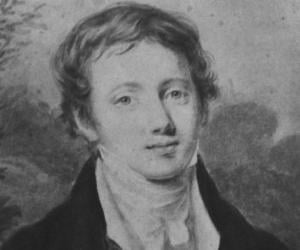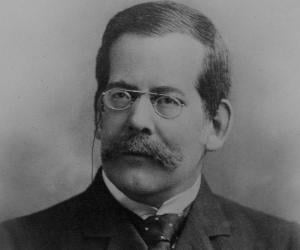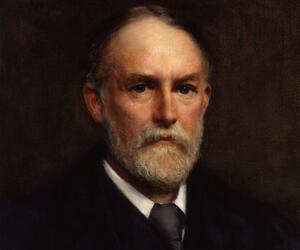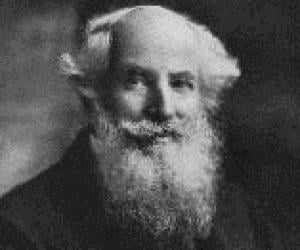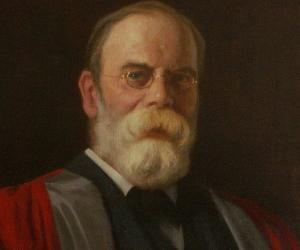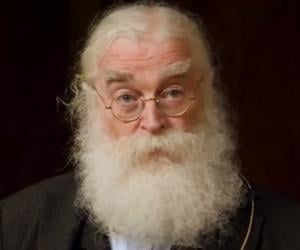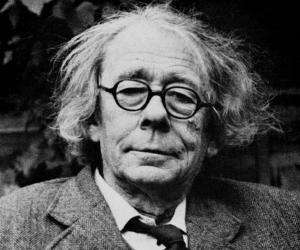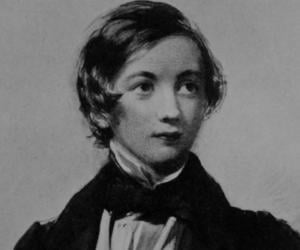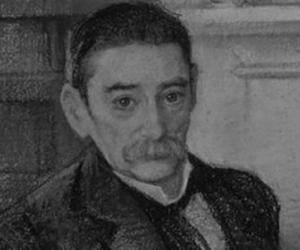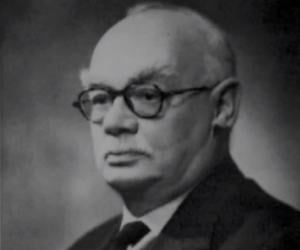1
Max Müller
(Scholar, Philologist)
Birthdate: December 6, 1823
Sun Sign: Sagittarius
Birthplace: Dessau, Duchy of Anhalt, German Confederation
Died: October 28, 1900
Friedrich Max Müller was a renowned German comparative philologist and Orientalist. He played a key role in establishing the academic fields of Indology and religious studies in the West. Müller authored numerous scholarly works on Indology and oversaw the production of the Sacred Books of the East series. He held a prestigious professorship at Oxford University, initially in modern languages and later in comparative philology. Throughout his career, Müller navigated various controversies, including debates on Christianity, evolution, Aryan culture, and language families. He received several honors for his contributions to academia.
